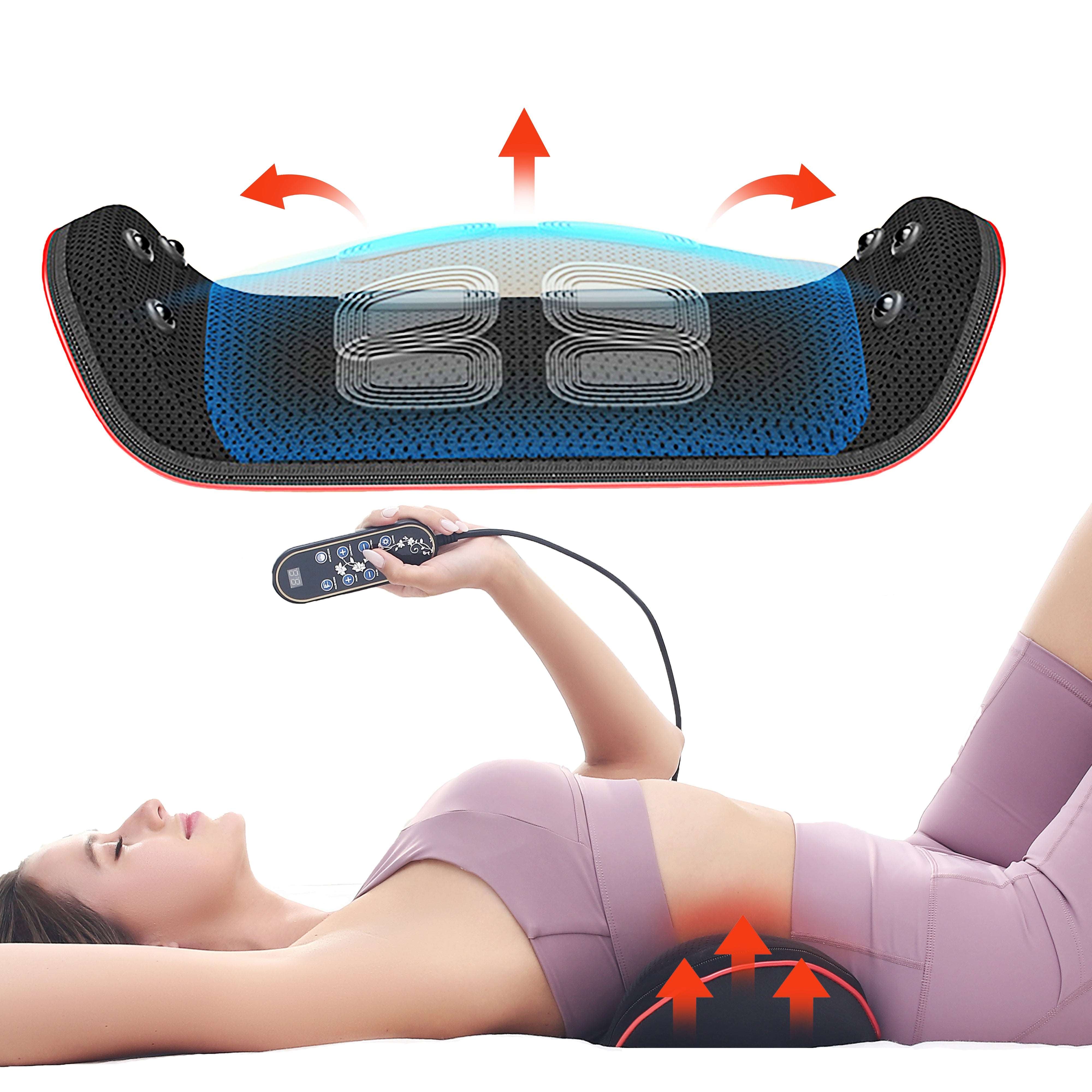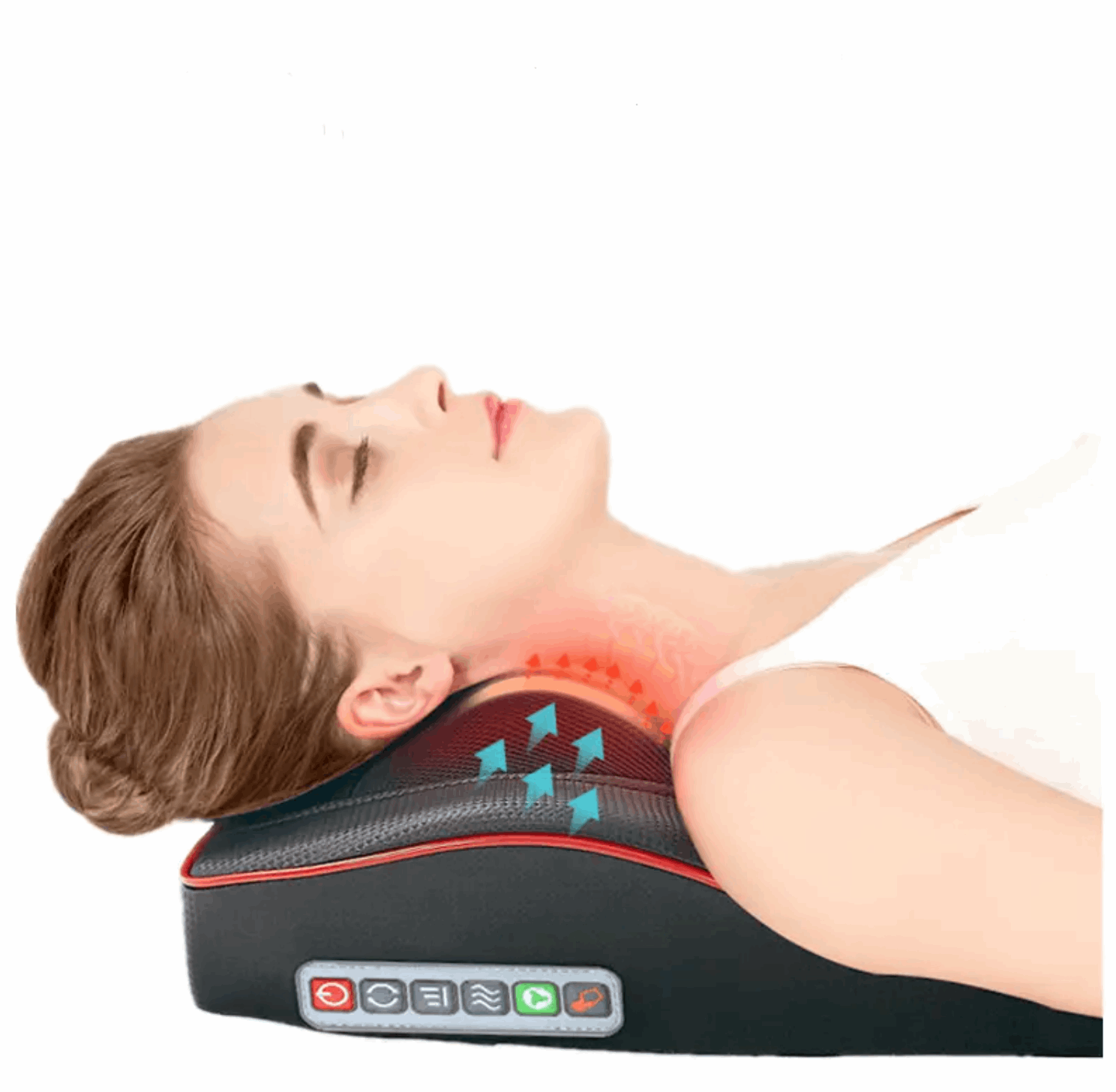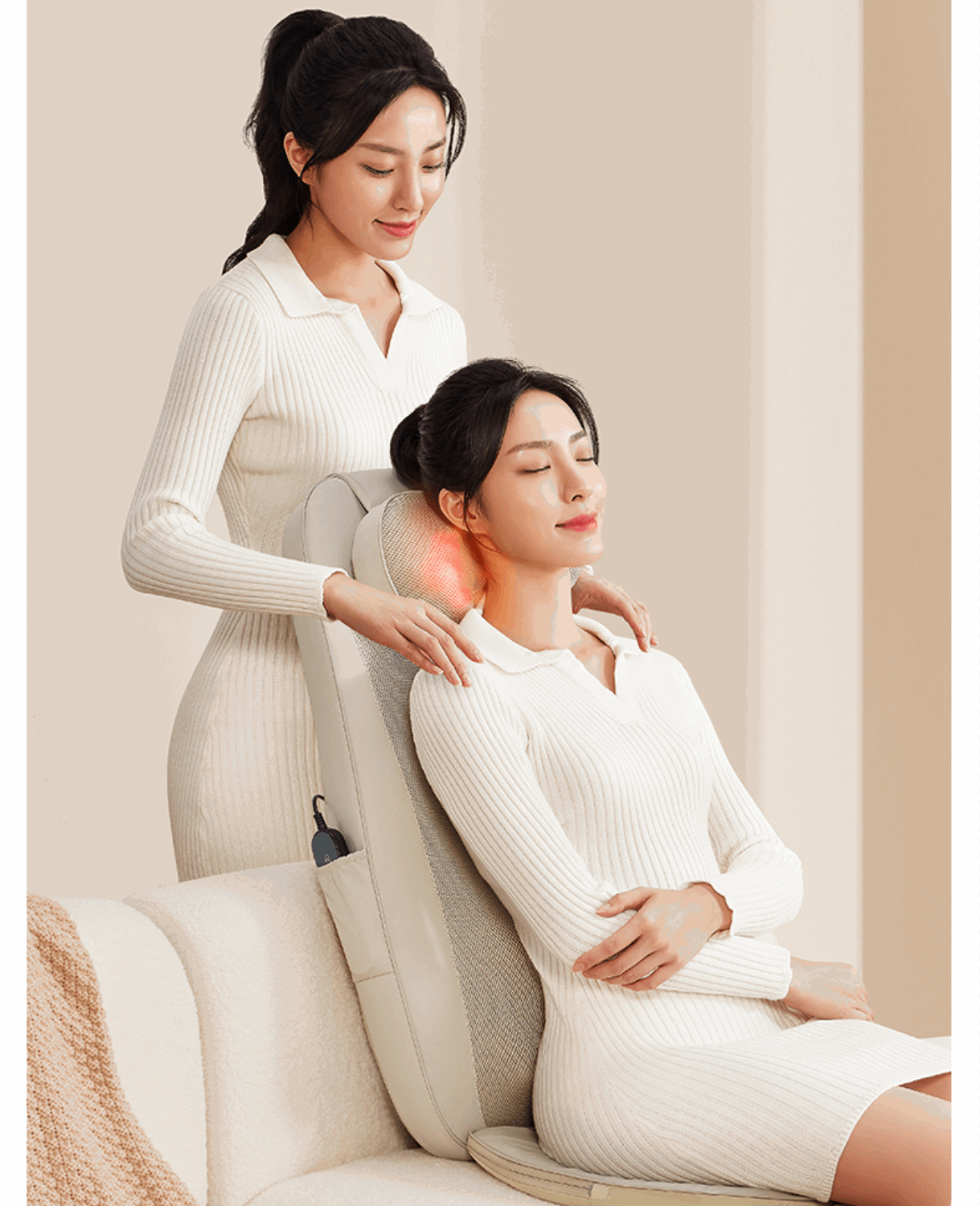Unveiling the Causes and Solutions for Neck and Shoulder Tension and Stiffness: Exploring the Root Causes and Effective Remedies

Do you often find yourself carrying the weight of the world on your shoulders, both figuratively and literally? Neck and shoulder tension and stiffness have become a common complaint in our modern, fast-paced lives. But what exactly causes these unwelcome sensations? Let's delve into the reasons behind this discomfort and explore some potential solutions.
Poor Posture: Sitting or standing with poor posture for extended periods places excessive strain on the muscles of the neck and shoulders. Slouching or hunching forward can lead to muscle imbalances and increased tension, resulting in stiffness and discomfort.
Prolonged Desk Work: Spending long hours in front of a computer screen without taking breaks or maintaining ergonomic positioning can wreak havoc on your neck and shoulders. Constantly leaning forward, hunching over a keyboard, or cradling the phone between your ear and shoulder can strain the muscles and contribute to tension.
Stress and Emotional Factors: Stress, anxiety, and emotional tension can manifest physically in the form of muscle tightness and stiffness. When we're stressed, our bodies tend to hold tension in the neck and shoulder area, leading to persistent discomfort.
Repetitive Strain: Engaging in activities that involve repetitive motions, such as typing, painting, or playing certain musical instruments, can cause overuse injuries and strain the neck and shoulder muscles. The repetitive nature of these activities without proper rest or stretching can lead to stiffness and tension.
Lack of Exercise and Stretching: Sedentary lifestyles and lack of physical activity can contribute to muscle stiffness and tension. Without regular movement and stretching, the muscles in the neck and shoulders can become tight and inflexible, leading to discomfort.
Sleeping Position: Your sleeping position can significantly impact your neck and shoulder health. Sleeping on an unsupportive pillow or in an awkward position can strain the muscles and cause stiffness upon waking.
So, what can you do to alleviate neck and shoulder tension and stiffness? Here are a few tips:
Practice Good Posture:
Maintaining good posture is essential for preventing neck and shoulder tension. When sitting, keep your back straight, shoulders relaxed, and align your ears with your shoulders. When standing, distribute your weight evenly, engage your core muscles, and roll your shoulders back and down. Using ergonomic equipment, such as an adjustable chair and proper desk setup, can further support good posture and alleviate strain on the neck and shoulders.
Take Breaks:
Taking regular breaks throughout the day is crucial for releasing tension and stiffness in the neck and shoulders. Every 30 minutes, stand up, walk around, and perform gentle stretches. Roll your shoulders backward and forward in circular motions, and gently tilt your head from side to side. These simple movements increase blood flow, promote relaxation, and prevent the buildup of muscle tension.
Manage Stress:
Stress and tension often manifest physically in the neck and shoulders. To manage stress, practice deep breathing exercises to activate the body's relaxation response. Engage in meditation or mindfulness activities to let go of stress and promote mental and physical relaxation. Additionally, find activities that help you unwind and relieve stress, such as going for walks in nature, listening to calming music, or pursuing hobbies that bring joy and relaxation.
Exercise and Stretch:
Regular exercise and targeted stretching can alleviate neck and shoulder tension and improve flexibility. Perform gentle neck exercises, such as tilting your head from side to side, rotating it, and stretching the neck muscles. Incorporate shoulder stretches, like shoulder rolls, shoulder shrugs, and cross-body arm stretches. Engaging in overall physical activity, such as walking, swimming, or yoga, also helps strengthen muscles, improve circulation, and reduce muscle tension.
Ergonomics:
Creating an ergonomic workspace promotes proper alignment and reduces strain on the neck and shoulders. Adjust your chair height to ensure your feet are flat on the floor, and your arms are at a comfortable 90-degree angle when using the keyboard and mouse. Position your computer monitor at eye level to avoid straining your neck by looking downward or upward. Using ergonomic accessories, such as an ergonomic keyboard and mouse, can also contribute to maintaining good posture and reducing muscle tension.
Get a Good Night's Sleep:
Adequate sleep plays a vital role in preventing neck and shoulder tension. Choose a supportive pillow that keeps your neck aligned with your spine, and experiment with different sleeping positions to find the one that maintains proper alignment. Keep your bedroom cool, dark, and quiet to create a conducive sleep environment that promotes relaxation and allows your muscles to rest and recover.
Remember, it's essential to listen to your body, make adjustments based on your individual needs, and seek professional advice if you experience persistent or severe neck and shoulder pain.



